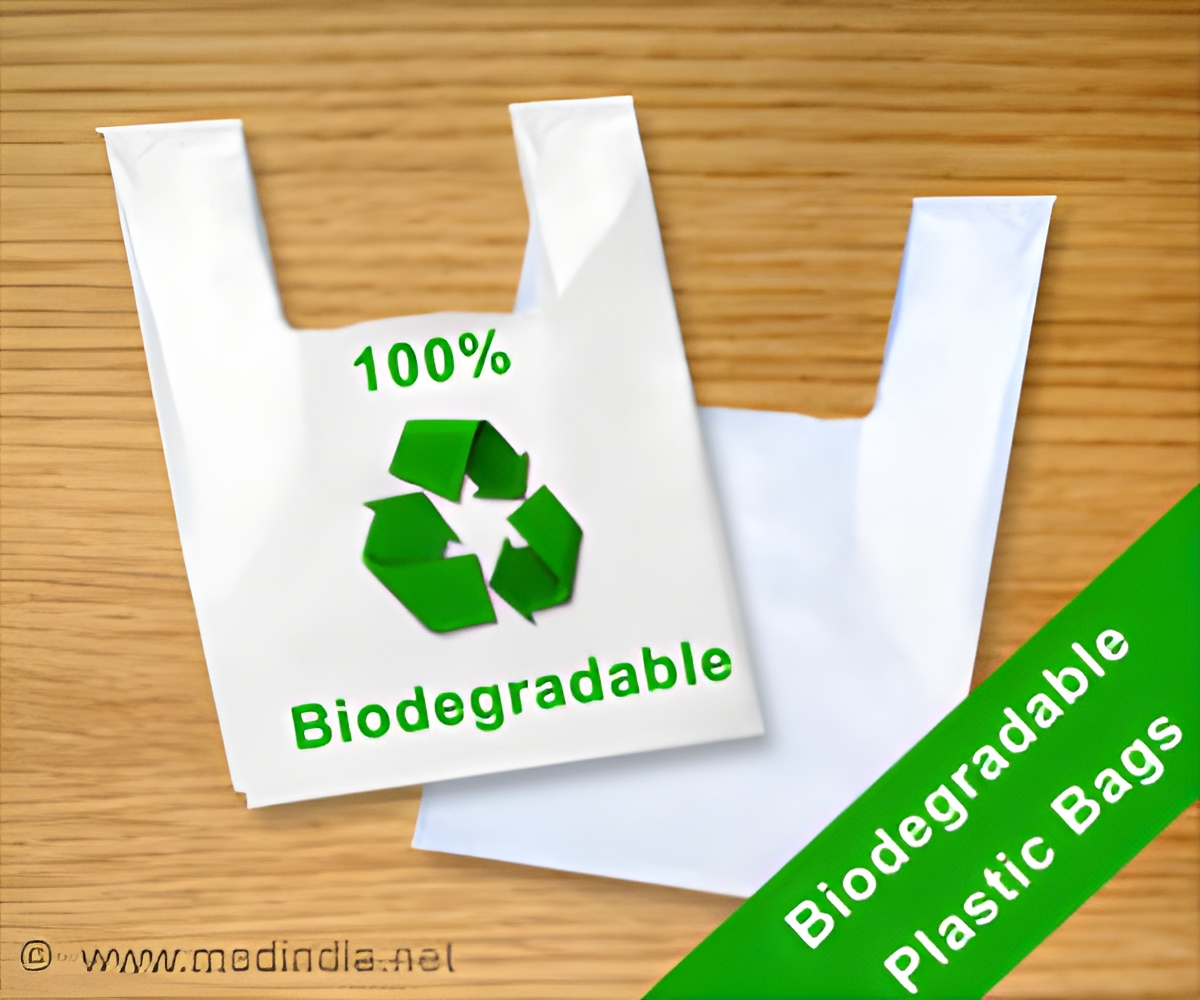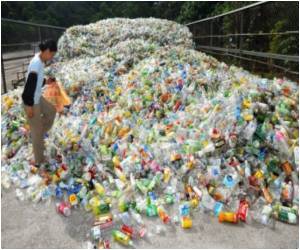Five additives and three biodegradation methods prove that biodegradable plastics do not break down any faster than their conventional counterparts.

The results are the culmination of a three-year-long research that focused on five additives. The study covered the majority of biodegradation methods available on the market today. The team studied three categories of biodegradation, aerobic biodegradation experiments, the breakdown of organic contaminants by microorganisms when oxygen is present, anaerobic biodegradation, the breakdown in the absence of oxygen, and simply burying plastics.
“The claim is that, with the additives, the plastics will break down to a level in which microorganisms can use the decomposed material as food. That simply did not happen. There was no difference between the plastics mixed with the additives we tested and the ones without,” said Rafael Auras, co-author and MSU packaging professor.
The research highlighted the statement of William Rathje, an Arizona paleontologist and founder of the archaeological and sociological study, Tucson Garbage Project, that even after years underground, chicken bones still had meat on them and even carrots still retain their orange color.
Susan Selke, co-author of the study and MSU packaging professor says, "Since organic materials take so long to decompose, it’s not a shocking result that plastics with some additives would take decades to break down. So, if the additives don’t work, the only solution is to not make claims that are untrue. And for now, that means not using any of the disposal methods or additives included in the study as feasible options.”
In a growing trend, many countries have banned or imposed tax for the retail use of plastic bags, one of the largest sources of polyethylene waste. “For this reason, plastic manufacturers are also seeking solutions to this problem,” Selke explained. “The study is funded by package-user companies. This is because they also want to know if the additives that are being marketed to them work. They want scientific evidence to examine the products and disposal approaches that are available to them to break down plastic.”









